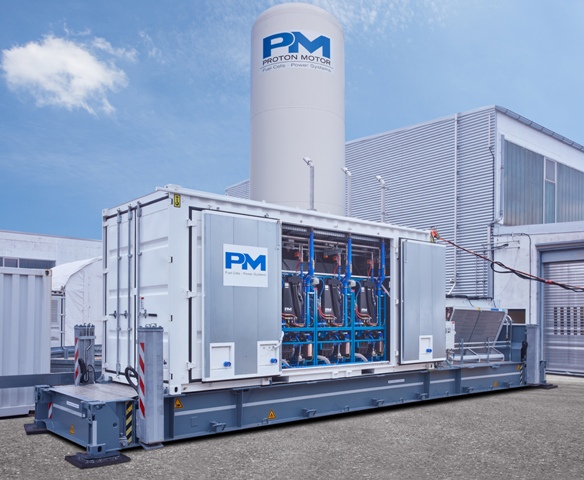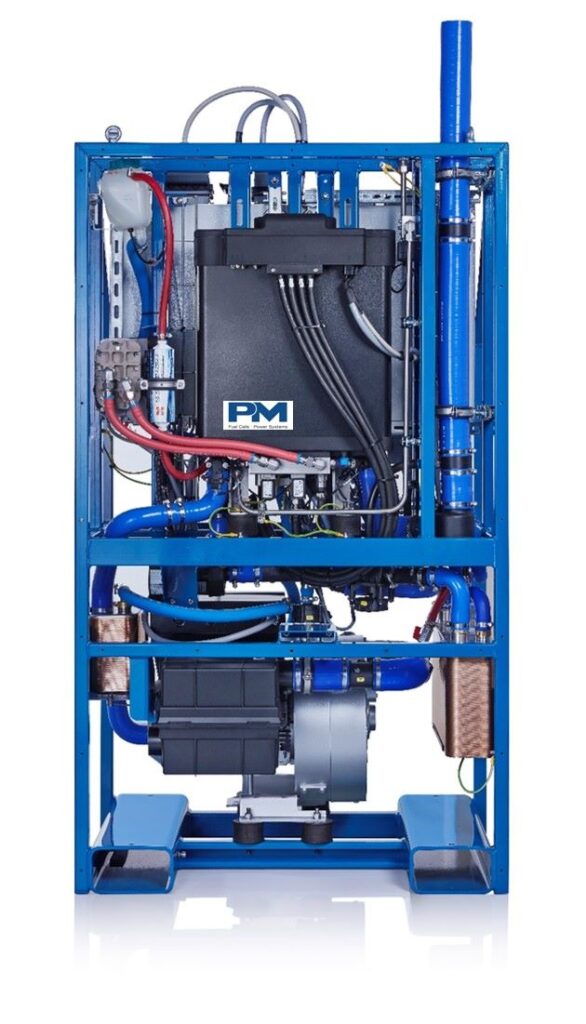
Proton Motor Fuel Cell assesses market potential in the stationary segment as enormous
London, 22 November 2023, (Oilandgaspress) – – The production and use of hydrogen and related key technologies such as hydrogen fuel cells in Germany is still in its infancy. The German Minister of Economic Affairs and Energy, Robert Habeck, is thinking big on the hydrogen issue in the context of the “National Hydrogen Strategy” (NWS): Around 10,000 kilometres of pipeline are to be planned in Germany for a nationwide core network. The aim is to reduce dependence on imports and to stabilise energy sovereignty and, at the same time, economic sovereignty. According to a recent study, around EUR 40 billion will have to be raised annually by the German state for the green conversion to achieve climate change. In principle, Europe’s leading developer and manufacturer of emission-free hydrogen fuel cells, “Proton Motor Fuel Cell GmbH” (https://www.proton-motor.de), welcomes and supports the NWS and its approaches, especially with regard to the various fields of action.
According to Proton Motor’s assessment, the measures sometimes lead to incorrect focusing. In the NWS, large-scale industries (steel, chemicals, mobility) are given clear preference. These industries,however, need an end-to-end supply of hydrogen to drive their transformation. The fact, in turn, requires a functioning national pipeline network, the expansion of which will take at least a good ten years. Especially since the topic of hydrogen to be imported makes it clear that the infrastructure of
the exporting countries has not yet been designed with regard to renewable production, distribution and transport.
Hydrogen stores large volumes of renewable energy emission-free
The window of opportunity for the completion of the hydrogen pipeline, which according to the German government will take place by 2032, should therefore not be wasted under any circumstances.
Hydrogen fuel cell technology is considered one of the most important transformation elements for Europe’s future climate-friendly energy transition. Hydrogen is the only way to store large volumes of renewable energy without loss or emissions.

Information Source: Read full article
Energy ,Petrol , Electric Power , Natural Gas , Oil , Climate , Renewable , Wind , EV , LPG , Solar , Electric , Electric Vehicles, Hydrogen, Oil Price ,Crude Oil, Supply, Biomass , Sustainability,

